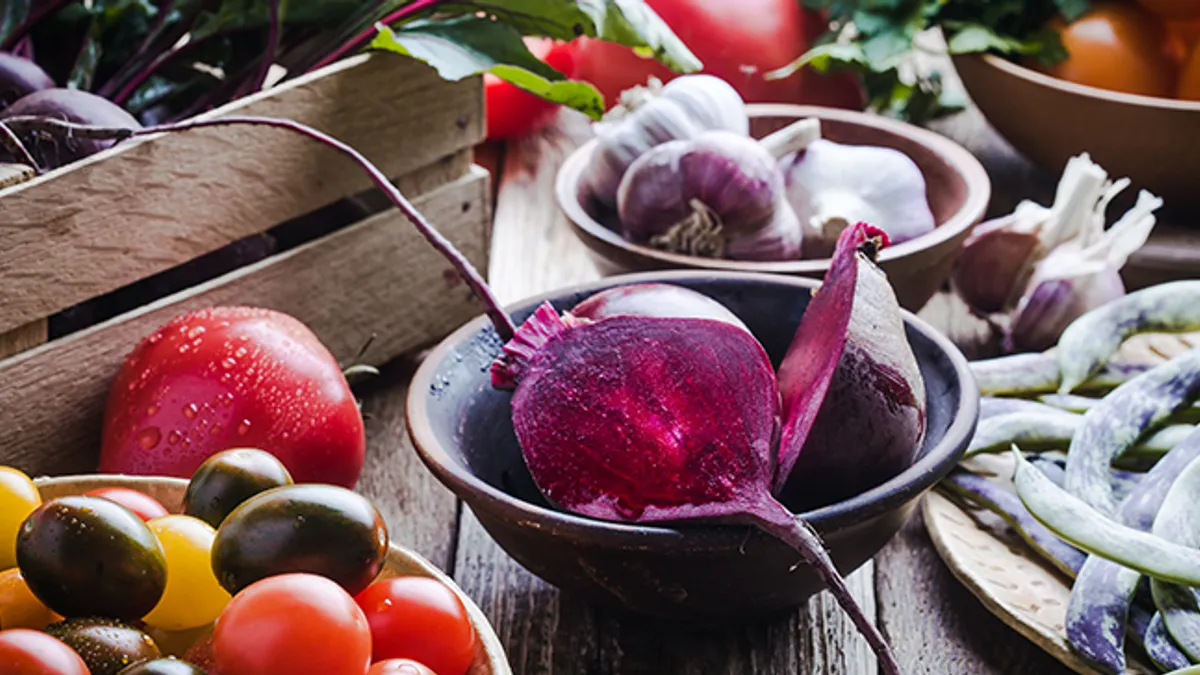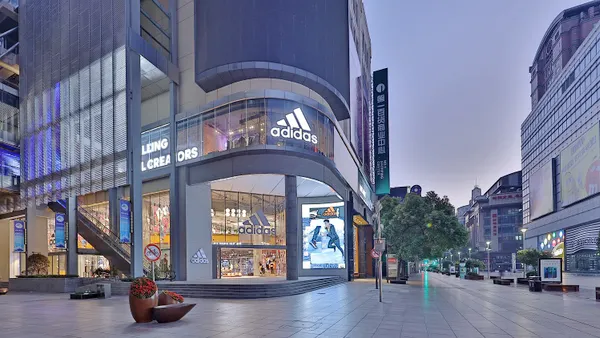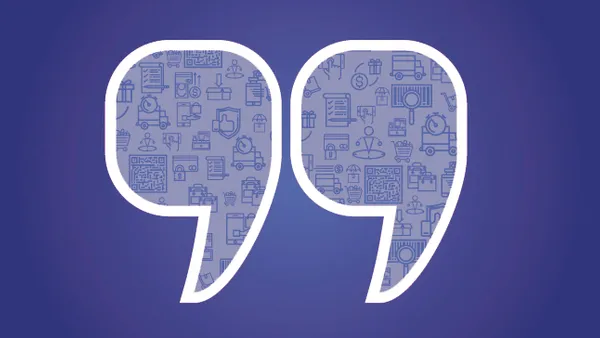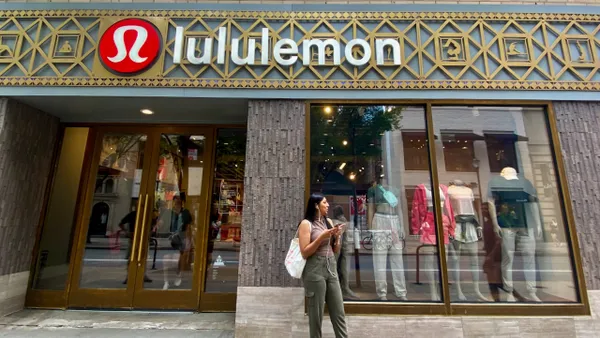The popularity of diets emphasizing predominantly plant-based foods has been growing for several years, and in 2020, it is a major market trend, gone mainstream. Consumers simply want to eat healthier and more sustainable foods. Grocery retailers are capitalizing on the movement, taking steps to meet shoppers’ latest preferences by offering greater varieties of more exotic produce, merchandising and promoting plant-based food options and cooking ideas.
At the same time, more people are ordering their groceries for home delivery, whether from a local store, a big e-commerce site, or a meal-kit subscription service. Often that decision is influenced by a desire to skip the store visit and opt for contactless delivery instead. Again, health concerns are driving consumer behavior and grocery shopping habits that extend to the packaging.
Corrugated has been around for 150 years, but it remains on trend today. There’s a tremendous backlash against single-use packaging — particularly plastic — and that’s driven many in the supply chain to look more closely at corrugated.
Corrugated box manufacturers have been producing sustainable packaging for over a century – paper-based, recyclable boxes that contain 50% recycled fiber on average, today. Boxes, themselves, are plant-based, made from trees grown in sustainable forests for the express purpose of becoming boxes. Those trees are planted by companies that harvest and re-plant new trees on a continuous basis. They’re a renewable crop, just like the tomatoes and squash in a plant-based meal. With a harvest to planting ratio of 1 to 7 trees and a recovery rate of 92 percent, corrugated boxes are made to be remade using both new and recycled plant fibers.
“Now more than ever, the food industry is positioned to build on the trust and partnership of being on the shoppers’ side, helping them achieve their dietary goals of eating well to stay as healthy as possible,” said Dr. Hilary Thesmar, who oversees food safety and quality programs at FMI, according to Supply Chain Dive.
For many people, recent attention to personal and public health has sparked another look at the impact of our lifestyles on ourselves, on others and even on the planet we live on. Many of the people interested in plant-based and healthy diets are also concerned about sustainability and packaging. The Harvard Health Blog reports that “Far from being separate issues, climate change and human health are two sides of the same coin. It is impossible to separate having a healthy body from having a healthy planet. Environmental health is human health.”
Concerned citizens’ desire to reverse the tide of environmental destruction is not new. What has changed is that more people are paying more attention, between the pandemic and accumulating evidence that our way of life is having disastrous effects on the environment from climate change to plastic’s impacts on oceans, waterways and wildlife.
At the same time that we want to create less disposable waste, we also want to increase sanitary handling and behaviors. Contactless delivery options are important to consumers choosing to stay home more than they used to. They want to eat healthy, plant-based foods, and to have them delivered to their doorstep without having to interact with the public or store personnel.
In the spirit of values-based customer engagement, do not forget to consider how those groceries are delivered or displayed. Delivering healthy foods in sustainable, paper-based packaging sends a message: “We get it.”
For health-conscious consumers who care about sustainability, it only seems natural, to us, to put plant-based foods in a plant-based package.










